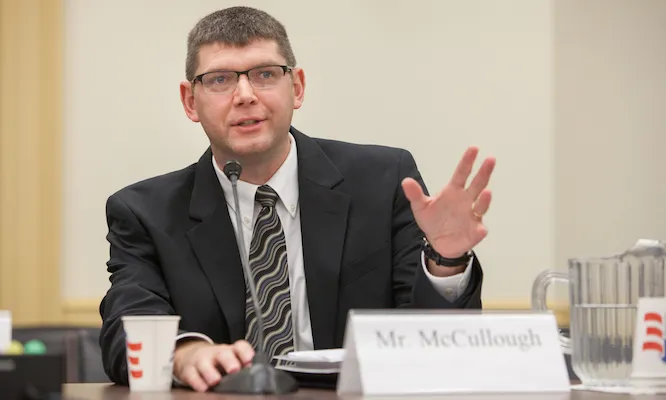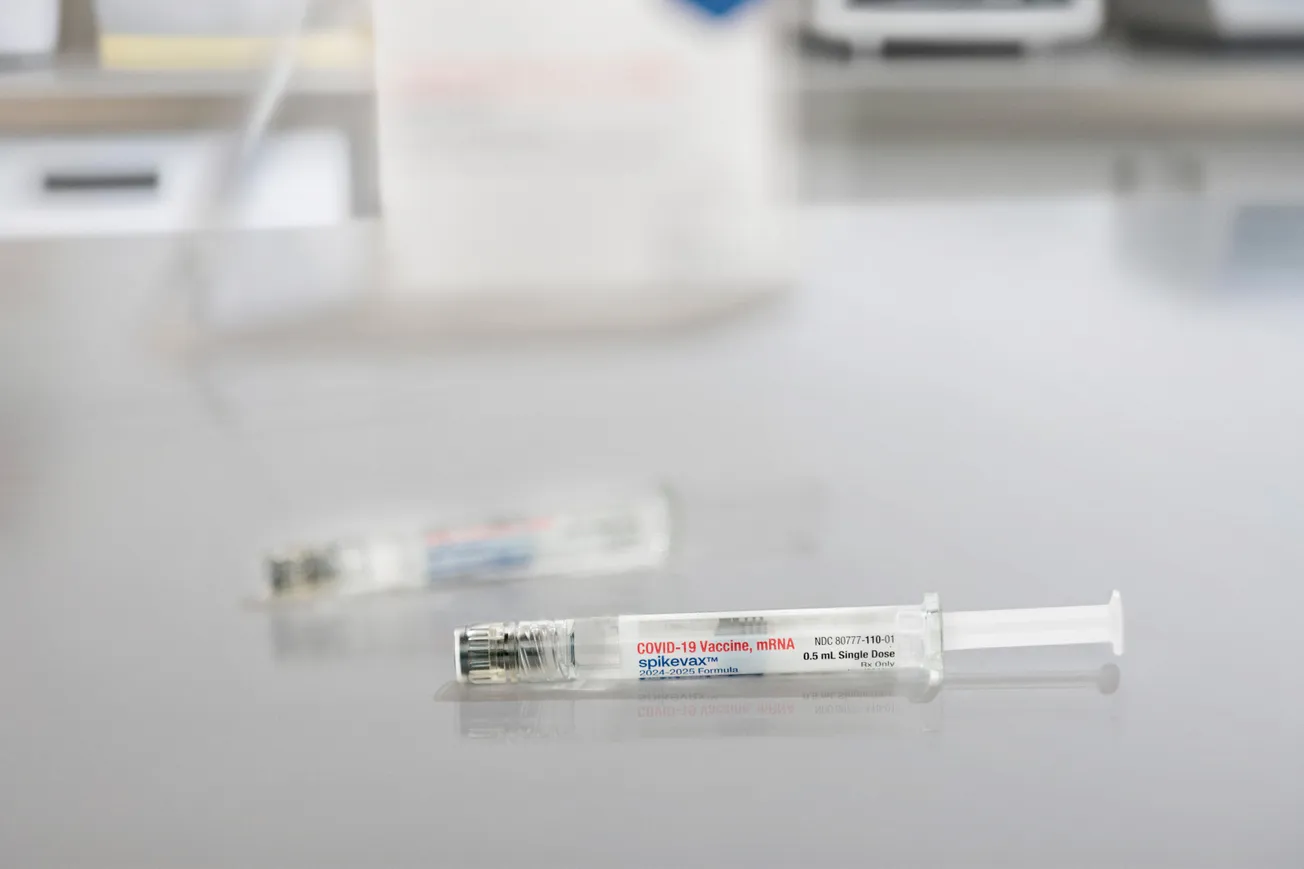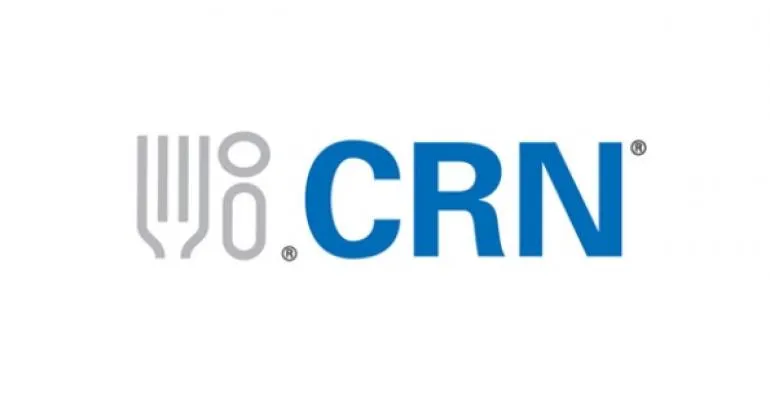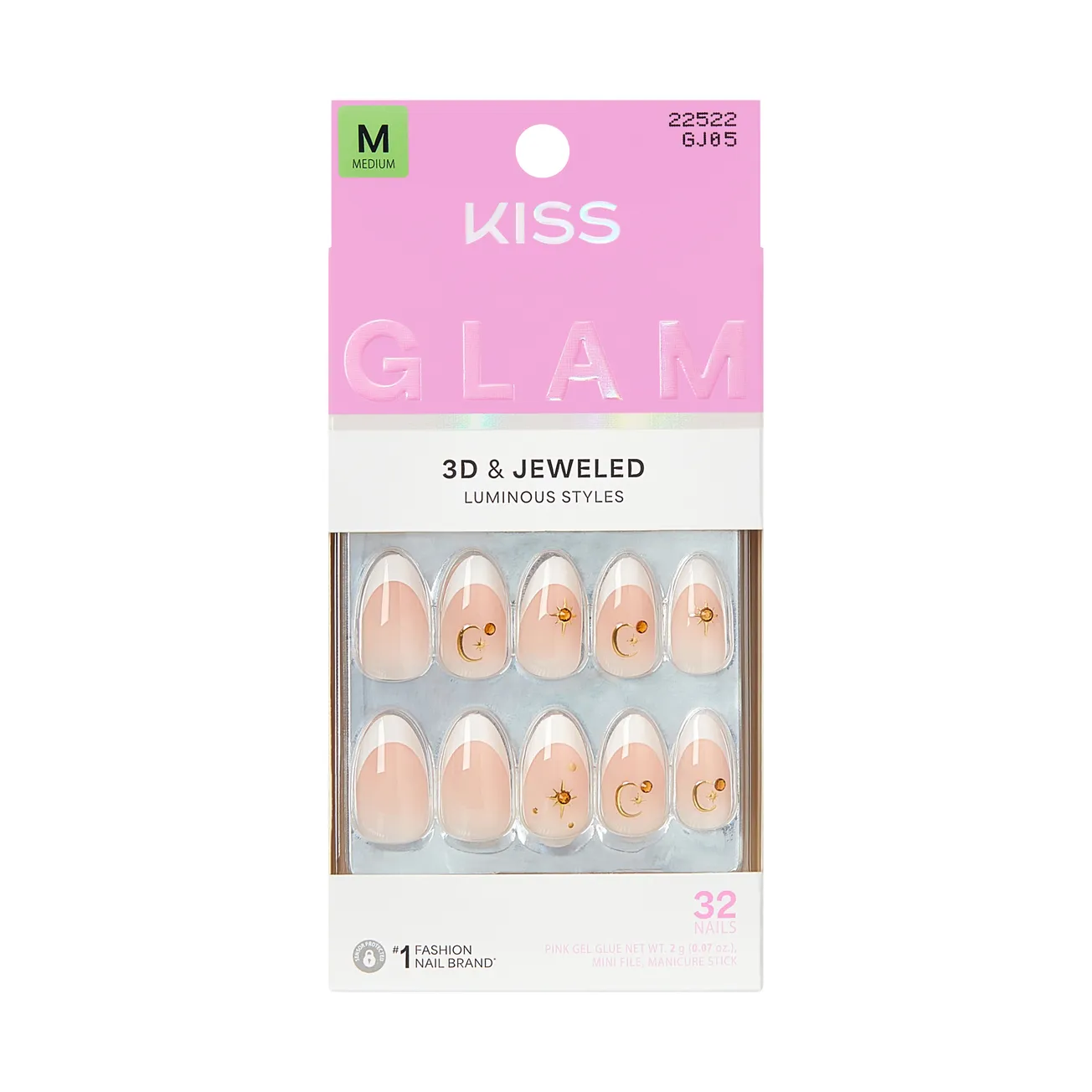Rite Aid’s Jesse McCullough testified before the House subcommittee about the value of pharmacist-led MTM services.
ARLINGTON, Va. — For a congressional hearing on medication therapy management, the National Association of Chain Drug Stores emphasized the value of pharmacists in providing MTM services, especially in improving medication adherence, patient health and health care affordability for Medicare patients.
In a statement submitted Wednesday to the House Committee on Energy and Commerce Subcommittee on Health for the hearing, titled “Examining the Medicare Part D Medication Therapy Management Program,” NACDS highlighted “mounting evidence of the positive impact of MTM on patient health.”
Studies conducted by the Centers for Medicare & Medicaid Services, the Congressional Budget Office and the Medicare Payment Advisory Committee show that improved medication use leads to better health outcomes for patients, including reduced mortality, the reliance on fewer health care services — such as hospital readmissions and emergency room visits — and more cost-effective treatment of chronic conditions, according to NACDS.
“Poor medication adherence costs the U.S. health care system $290 billion annually,” NACDS said in its statement.
Bolstering NACDS’ statement, pharmacist Jesse McCullough, director of field clinical services for Rite Aid Corp., testified before the House subcommittee on the importance of MTM and the vital role pharmacists play in this type of health care management.
“Rite Aid has participated in MTM programs since their inception, and we have helped thousands of patients get more out of MTM to optimize their medication therapy,” McCullough told lawmakers. “The fact of the matter is that we can do more.”
McCullough noted that community pharmacists are among the most accessible health care providers and, as a result, are well-positioned to provide MTM services. He explained that pharmacists regularly interact with their patients by actively managing drug therapy and identifying, preventing and resolving medication-related problems.
According to NACDS, 89% of Americans live within five miles of a community retail pharmacy.
NACDS also expressed support for bipartisan legislation introduced earlier this year by Sens. Pat Roberts (R., Kan.) and Jeanne Shaheen (D., N.H.) which would help patients with specific chronic conditions receive these MTM services. The legislation — the Medication Therapy Management Empowerment Act of 2015 — would provide access to MTM for Medicare Part D patients with diabetes, cardiovascular disease, COPD and elevated cholesterol.
“Reforming the Medicare Part D program should be accomplished through efficiently targeting beneficiaries who can most benefit from the services that will improve medication adherence and overall program effectiveness,” NACDS stated.
The National Community Pharmacists Association also submitted comments for the House MTM hearing on Wednesday. NCPA noted that Medicare can achieve better health outcomes for beneficiaries and at lower overall cost if the MTM services provided by community pharmacists are better utilized.
“NCPA believes that prevention is the best medicine, and whether it’s catching a medication error before it leads to a hospitalization or effective chronic disease management, MTM services present an opportunity to improve patient care while providing greater efficiencies within the health care system,” stated NCPA chief executive officer B. Douglas Hoey. “NCPA strongly supports Medicare’s recent efforts to improve MTM services and will continue to work with Medicare officials and Congress toward that end,” he added.









